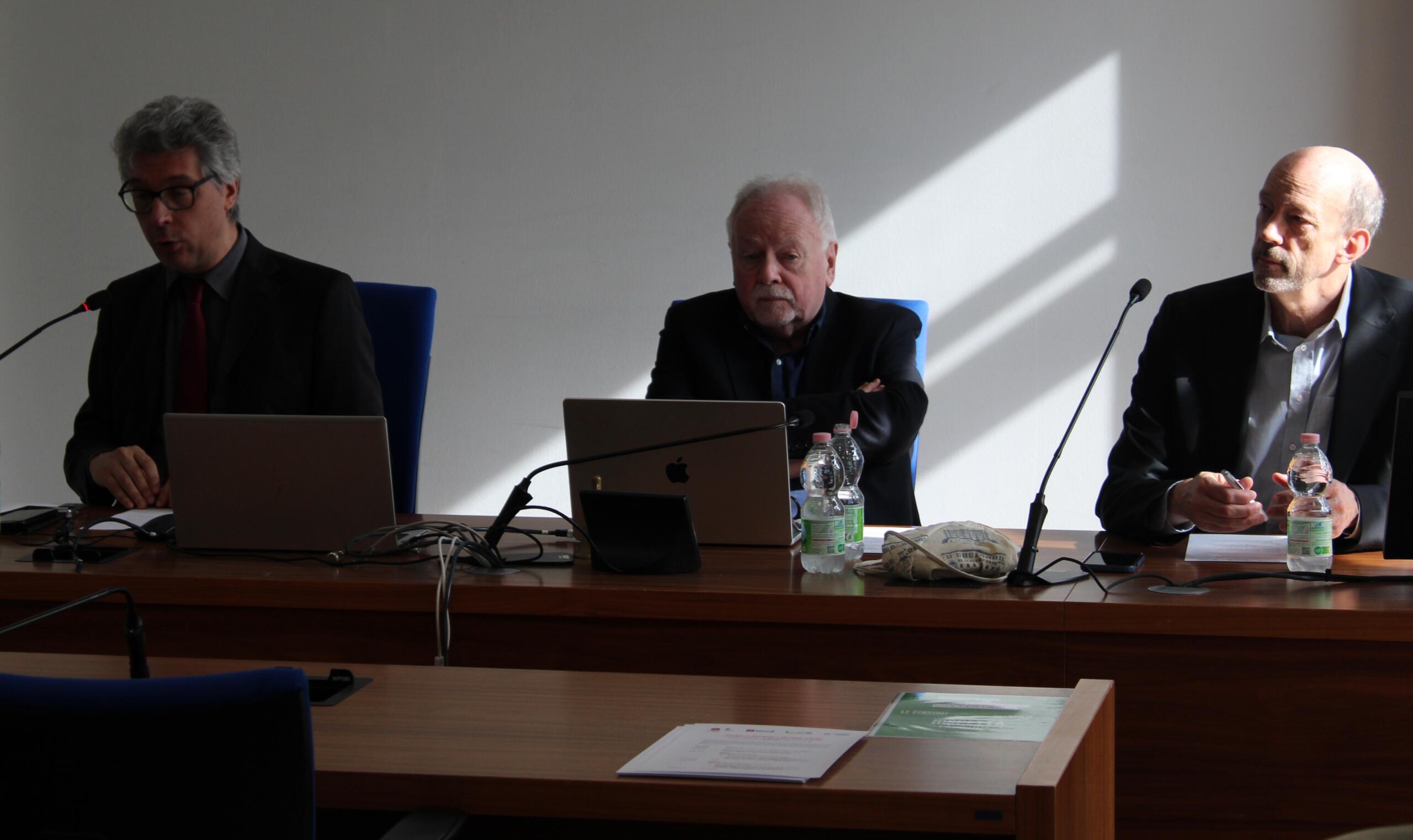

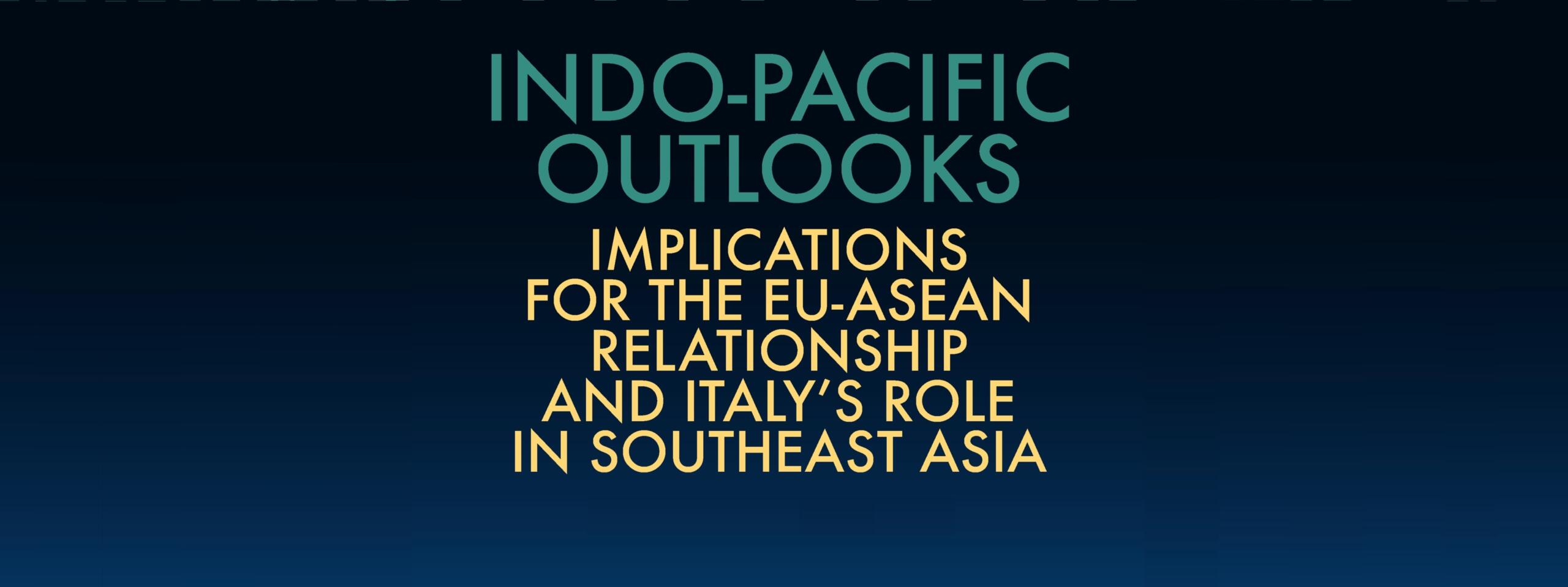
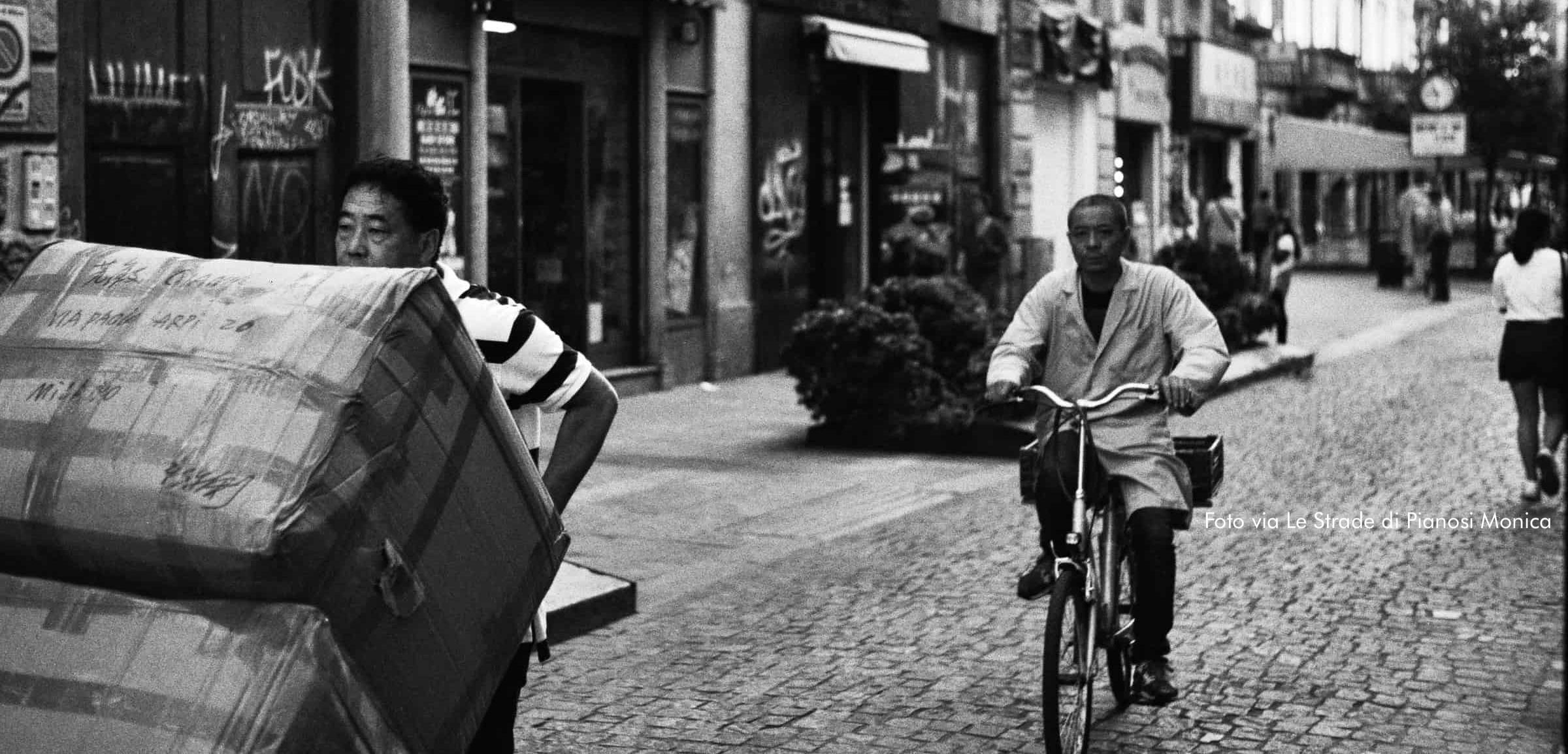
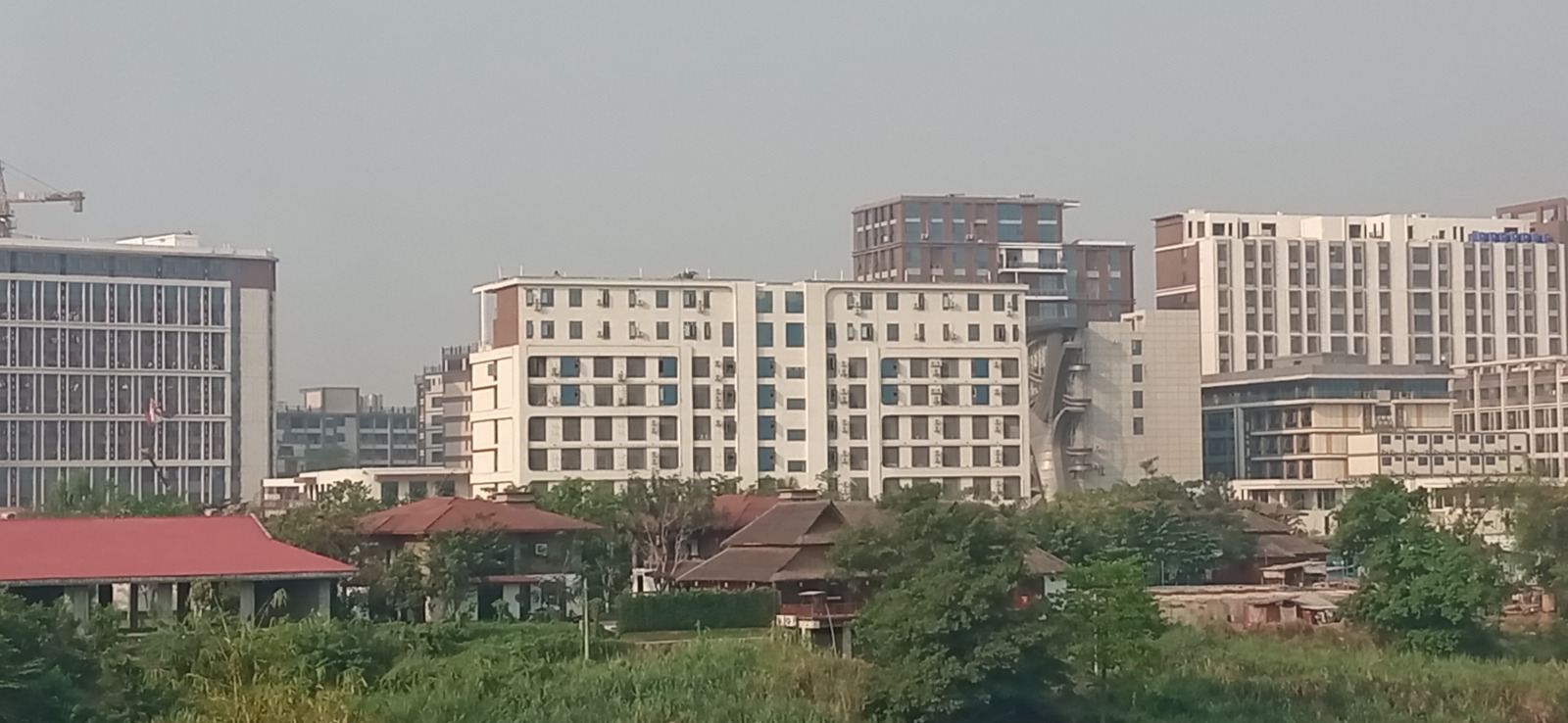
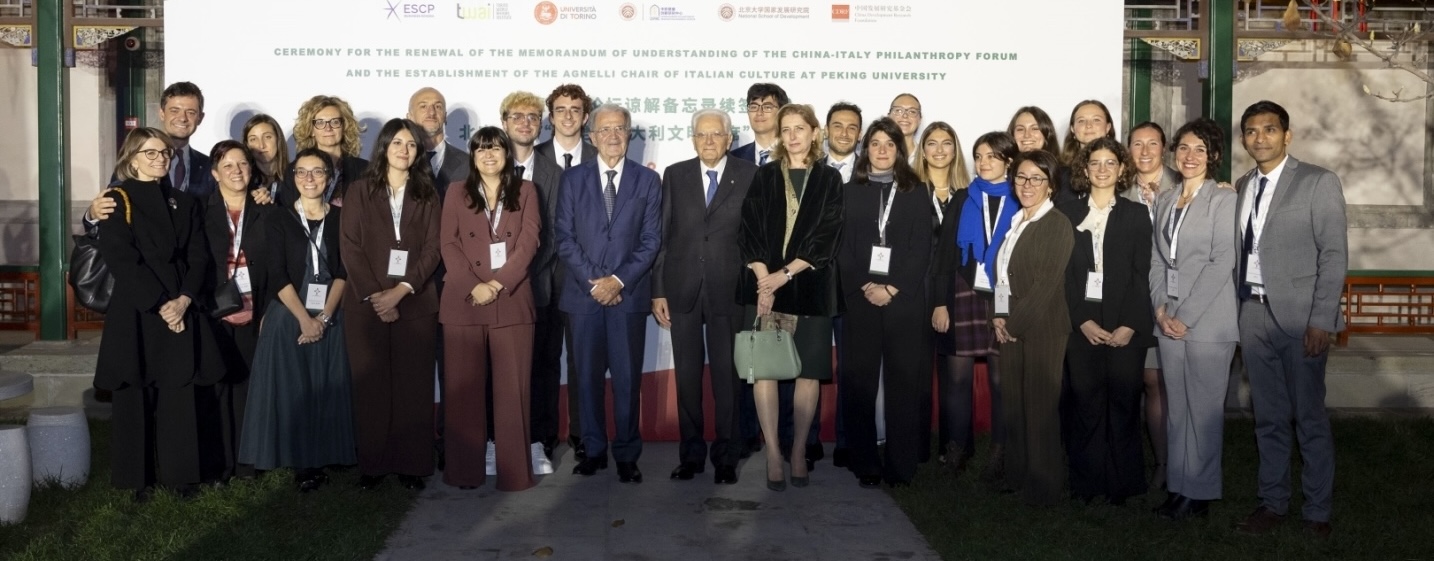
T.wai, the Torino World Affairs Institute, is a non-profit, independent research institute operating in the fields of area studies, global politics and security studies.
Assessing the impact of China on global governance in the age of power diffusion
Investigating the players, institutions and narratives driving political and economic dynamics across fast-emerging Asia
Emerging trends in transnational security: from the rise of non-state actors to force privatization
In the past seven years, Armenia has gone through a roller-coaster of changes, crises, challenges, and upheavals. In 2018 the mass movement of civil disobedience known as the “Velvet Revolution” succeeded in ousting the incumbent authoritarian regime and bringing Nikol Pashinyan to power as Prime Minister.
As Muse has transformed into a strategic border hub, the illegal drug economy has become deeply embedded in systems of rule, economic development and everyday life.
Even though in recent years China and Indonesia have seemed to share a destiny that is, if not a common one, at least closely intertwined, they always need to be careful and must come to terms with their troubled relationship.
The PRC is widely recognized as a destination market for many women trafficked in Asia, particularly from Vietnam. Trafficking in women in China is a sensitive and complex issue that threatens public health, security, gender equity and sustainable development.
If women are predominantly imagined as victims, they can only be taken into consideration in this capacity when the post-war order is designed.
In their attempts to build a Hindu state in India, the right-wing populists risk losing both the decades-long experiment with democracy and the protracted attempts to create a multicultural nation where free and fearless self-expression is possible.
Head of Research
“Nel conflitto russo-ucraino si è visto che la Russia usa un sistema logistico ancora molto labour-intensive. L’Ucraina è in qualche modo riuscita ad adeguarsi a standard della Nato che sono molto più capital-intensive: laddove i trasporti sono standardizzati, i pezzi di artiglieria sono autocaricanti. Oggi serve effettivamente meno gente per fare la guerra.”
"#China is likely prepared to respond strongly to #US trade measures set by #Trump while advancing its position in key industries and supply chains."
@AGhiselliChina (@ChinaMedit, T.wai & Fudan University) for @anadoluagency:
"In the dynamic Indo-Pacific there is more space for engagement between the #EU, #Italy & #ASEAN countries."
G. Gabusi (T.wai & @unito) in the closing remarks of the workshop “#IndoPacific outlooks” held at @NTUsg Singapore with the support of @ItalyMFA: https://www.twai.it/event/indo-pacific-eu-asean-relationship/
In an op-ed for @DailySabah, #ChinaMed Research Fellow @isikahmetfaruk offers his perspective on the evolving global rivalry between China and the U.S.


Corso Valdocco 2, 10122 Torino, Italy
Sede legale: Galleria S. Federico 16, 10121 Torino
Copyright © 2026. Torino World Affairs Institute All rights reserved
